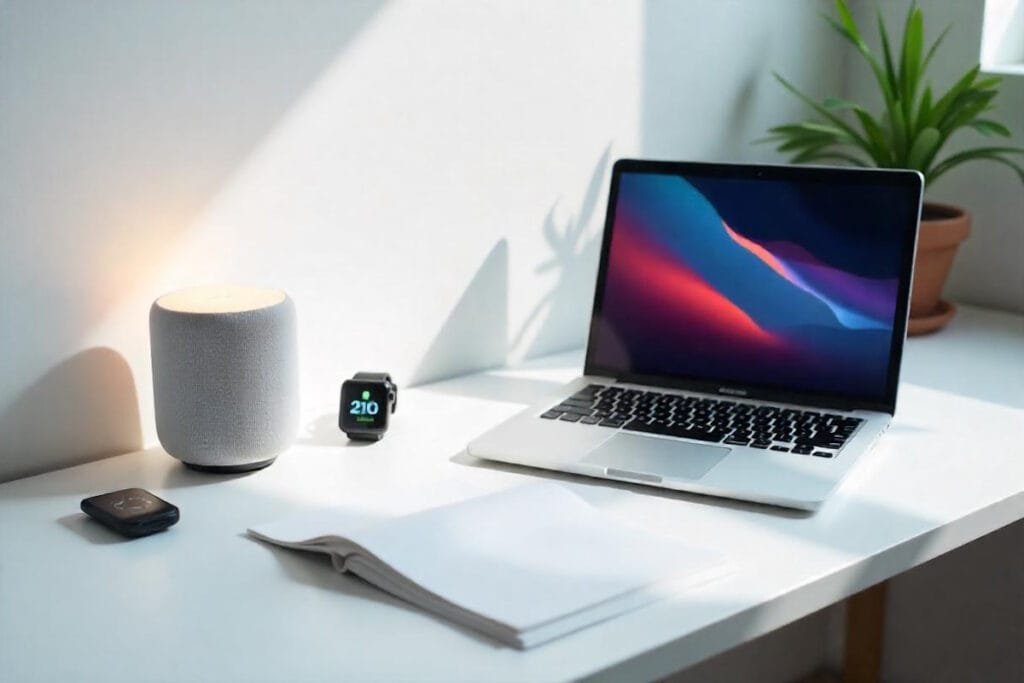Concert experiences are one of the most authentic attractions that millions of Americans attend every year. They may watch movies at home or exercise in their basements, but they cannot capture the mood and energy of a concert without going to one. This excitement has remained in recent years, but another ubiquitous presence at many concerts is the smartphone. These devices have helped to augment the fan experience and share concert episodes, but they also cause challenges for bands and other concertgoers.
Smartphones Have Their Place at Concerts
Smartphone usage at concerts has helped the public and the concertgoer experience in a number of different ways. First of all, recordings of the concert can be made public to a large number of people. While it would be ideal for everyone to attend the concert themselves if they are interested, personal attendance may not always be feasible.
Smartphones also allow a person to share their experiences in real-time. They can show their family and friends about their exciting experience, allowing them to express themselves. Smartphone users who share details about concerts may also be able to make new friends and expand their social networks with these experiences.
Do the Pros Outweigh the Cons?
A clear downside of smartphone usage at concerts is the fact that smartphones distract from the experience. As mentioned previously, concerts are a phenomenon that attendees have to be present at in order to experience. One can look at a smartphone anywhere. Smartphone users may also be so distracted filming a concert that they barely pay attention to the concert or to the exciting people around them.
There is also the fact that smartphones distract from the intended effects of the concert. Often, concerts dim their lights in order to focus attention on the band performing. Seeing blue smartphone lights will distract from and modify that experience. Smartphones also are often not kept on silent. They may ring or create other sounds that distract audience members. Concerts rely so heavily on well-crafted sights and sounds that smartphone usage can completely ruin the experience. They may become so distracting that they cause the band performing to make mistakes as well.
These issues have translated to policies by concerts and artists. Numerous concerts and venues ban smartphone usage. Some extreme cases include venues forcing concert-goers to lock up their smartphones before their shows start. Others allow concert-goers to keep their phones on silent or on vibrate. They reserve the right to kick out any attendees who use their phones against these rules.
Venues Have Started Banning Smartphone Use
Sometimes, the rules against smartphones come not from venues but instead from artists. Alicia Keys is one of the highest-profile artists that has banned smartphones at her concerts. The decision to ban these devices is often either from artistic or financial concerns. The artist wants to purely present their music and any visuals that go along with their songs. Smartphone sounds and lights blur the original intention of the artist and muddy the effects that the artist is pursuing. Many artists devote their lives to their concerts and want to reduce distractions and deceptions to a minimum. They may also believe that certain songs are private and do not need to be filmed.
Copyright Is Also an Issue
Finances and the nature of the music business also lead to artists curbing the use of smartphones during their performances. Artists make money both from streaming rights and from concert performance videos. They are paid whenever a person watches a video from one of their verified accounts or buys a CD or DVD of their concert performance. Streaming from smartphones cuts into this revenue stream and makes it more difficult for artists to turn a profit on their shows. These revenue streams are also governed by possibly strict copyright laws.
Smartphones are here to stay in many parts of the world. Concert venues may try to prevent users from taking them out or having them ring, but this effort will be incredibly difficult to enforce. Instead, it is up to the concertgoers to use their phones in a way that respects both artists and other concertgoers. It is their responsibility to ensure that their self-expression and sharing does not harm an unforgettable experience for others.
Article by Joshua Gruss, the CEO of Roundhill Music
Tech content on this site may include contributed articles and partnerships with industry voices. Learn more in our Editorial Policy.





